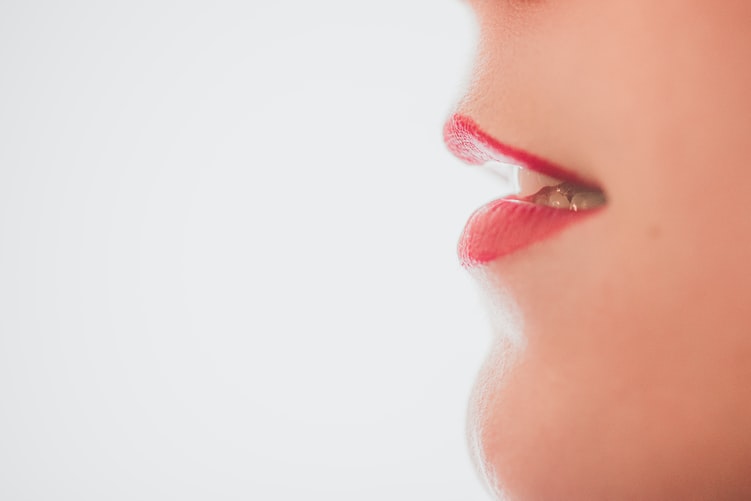Enhancing the way your lips look has become one of the most popular, non-surgical cosmetic interventions available. The demand and take up seems to be growing almost exponentially. We are going to take a brief look at why people are so attracted to this treatment, the history of how augmentation of the lips has been done and just how it is done currently.
There has been a relatively long history of people trying to adjust the contours of their faces to gain more pleasing proportions. As far back as the 1890’s doctors were trying to use fat from arms to pad out facial defects and deformities. This treatment included the lips and was often used in cases of tuberculosis attempting to repair the damage caused by the disease. In terms of enhancement of the lips sometime around 1900 there were attempts to inject paraffin into them to give a fuller appearance. In the 1960s silicone was introduced as a lip filler, although this gave an initial better look the long-term health benefits and inconsistent results, including the notorious ‘trout pout’ led to the demise of this particular filler material.
In more recent times human collagen became popular as the filler material. This was much safer and gave a more pleasing effect. The fact that it was a natural product of the human body resulted in less problems with allergic reactions for example. Around this period some practitioners were using bovine collagen (cow) which did have a much higher risk of triggering an allergic intolerance.
Although there has been a long running interest in making the lips and mouth more attractive Wikipedia attributes the huge explosion in popularity in recent times to celebrity influencer Kylie Jenner. She has apparently touted this as her greatest beauty secret or tip.
All this talk of allergic reactions, stripping fat from your arms or injecting plastic may give rise to an understandable caution about whether to go for one of these treatments or not. We caught up with Sue Howarth, technician from Beauty Skin Clinic to see if she could lay our fears to rest. Fortunately, she laughed when we mentioned filler material concerns. “What we use nowadays is a thing called hyaluronic acid. It is what makes the skin soft and stretchy, it gets less as you get older and older, so it is always good to top up.”
That is a relief to know! And sure enough, doing some basic research on hyaluronic acid it is true that it gets less as you age. This is not just related to becoming middle aged or a senior either, the reason a baby’s skin is so much more smooth and elastic than ours is due to the proportion of hyaluronic acid produced by the body. It is used in a procedure that usually is no more than 30 minutes. This natural acid can be used not just as a lip filler but also to contour the whole face or parts thereof. Another plus of these fillers is that they are naturally absorbed by the body after nine months or so which means it can be reshaped differently should you so choose. In fact if you wish to change looks sooner the practitioner can use an enzyme that will dissolve the injected filler immediately and allow you to start again.
